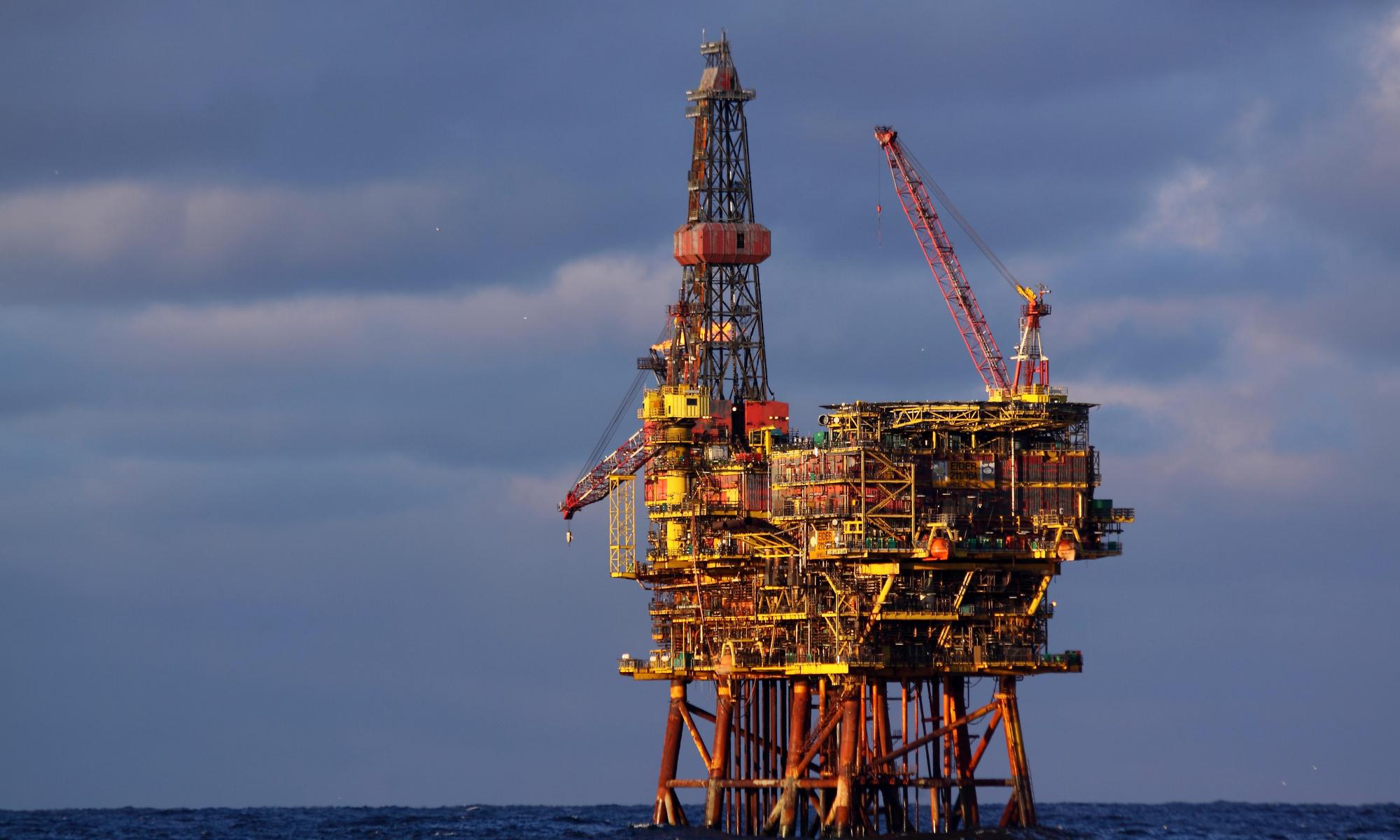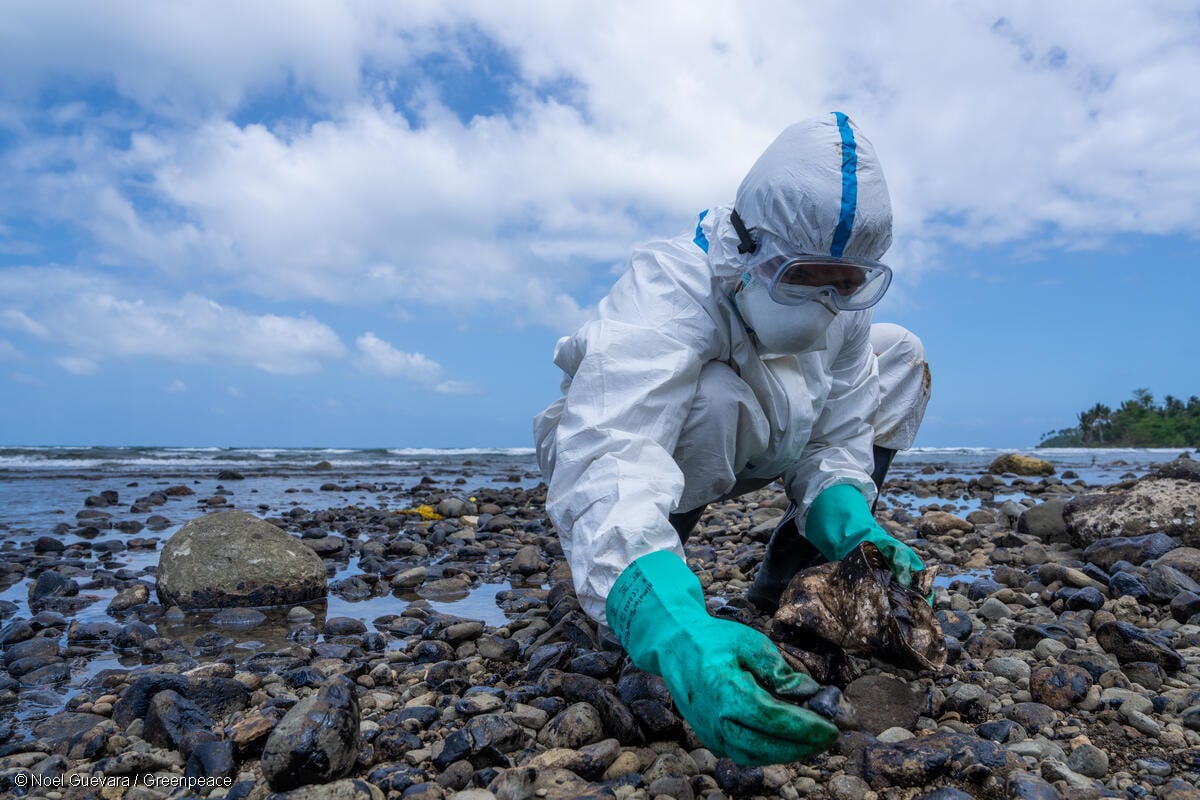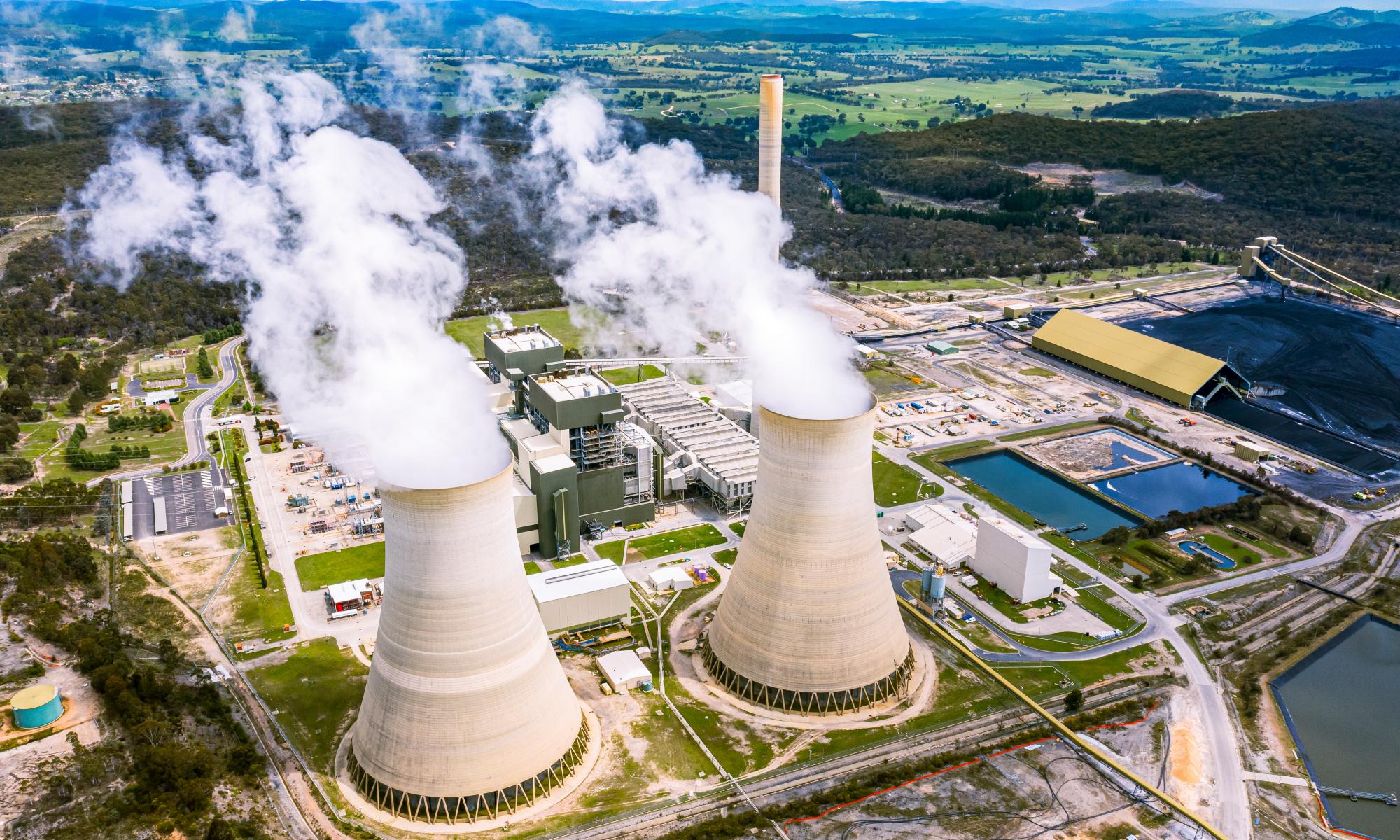Labor will try to amend a government bill so that the federal resources minister has to nominate the site for a nuclear waste dump, despite concerns within the ALP caucus the change could pave the way for the decision to be challenged in court.
On Monday, the Labor caucus agreed it would try to amend the bill by removing a schedule which states the dump should be located at Napandee some 20km north-west of Kimba in South Australia. The caucus resolved to oppose the bill if the change was not supported.
The caucus resolution follows a recommendation by the shadow science minister, Brendan O’Connor, and despite vigorous opposition from senators Alex Gallacher and Kim Carr. They argued that making the minister select the site could leave the decision vulnerable to challenge.
The government’s bill, as it stands, nominates Napandee as the location for the dump and provides a compensation package – a formulation that prevents judicial review of the site selection.
The Coalition nominated Napandee as the site of the waste dump in February after the landowner offered to sell 160 hectares through a reverse auction. The dump was approved by a majority of 62% in a local ballot.
The then-resources minister, Matt Canavan, said the site had “broad community support in Kimba” but acknowledged “there remains opposition particularly amongst the Barngarla people”.
Barngarla native title holders were excluded from the vote because they were not ratepayers and lost a federal court challenge to the ballot on the basis it breached the Racial Discrimination Act.
Gallacher, who was deputy chair of a Senate inquiry into the bill, told the Labor caucus on Monday the issue needed to be resolved and there would never be perfect consensus on a site.
In September, Gallacher backed the government’s position in the Senate inquiry report, calling for the bill to be passed without amendment. The report claimed the current process had found “a suitable site, a willing host and a community that is generally supportive”.
Gallacher told Guardian Australia the “impeccable scientific arguments” had not changed since the site was selected, describing Napandee as “as good as it’s ever got”. He said amending the bill was a “clever subterfuge to avoid cracking on and having a go”.
Carr, also a participating member of the inquiry, told caucus the saga of choosing a site had dragged on since 1978 and judicial review on issues other than site selection would remain.
Four speakers supported O’Connor’s position, including shadow social services minister Linda Burney, senator Louise Pratt and the shadow cabinet secretary, Jenny McAllister, who issued a dissenting report when the Senate inquiry considered the issue in September.
In her report, McAllister noted that legislation passed in 2012 already allowed the resources minister to designate a site and the Barngarla people had warned that nominating the site in legislation would “override the existing right of judicial review”.
Pratt told Guardian Australia: “In government, Labor put in a workable framework, but the community consultation with particular regard to first nations people hasn’t been adequate.”
O’Connor said Labor “supports the need for a national facility to store radioactive waste”.
“This government has had existing powers under the current legislation for the past seven years to determine a site, but under the guise of [a bill to grant] compensation has sought to remove proper scrutiny,” he said.
“This is a contentious issue and should be subject to the highest levels of scrutiny to ensure that the principles of procedural fairness and natural justice have been applied, given the national significance of this matter.”
O’Connor called on the government to support the amendment, which would allow the minister to use existing powers to nominate a site, subject to judicial review, and grant compensation to the community.


